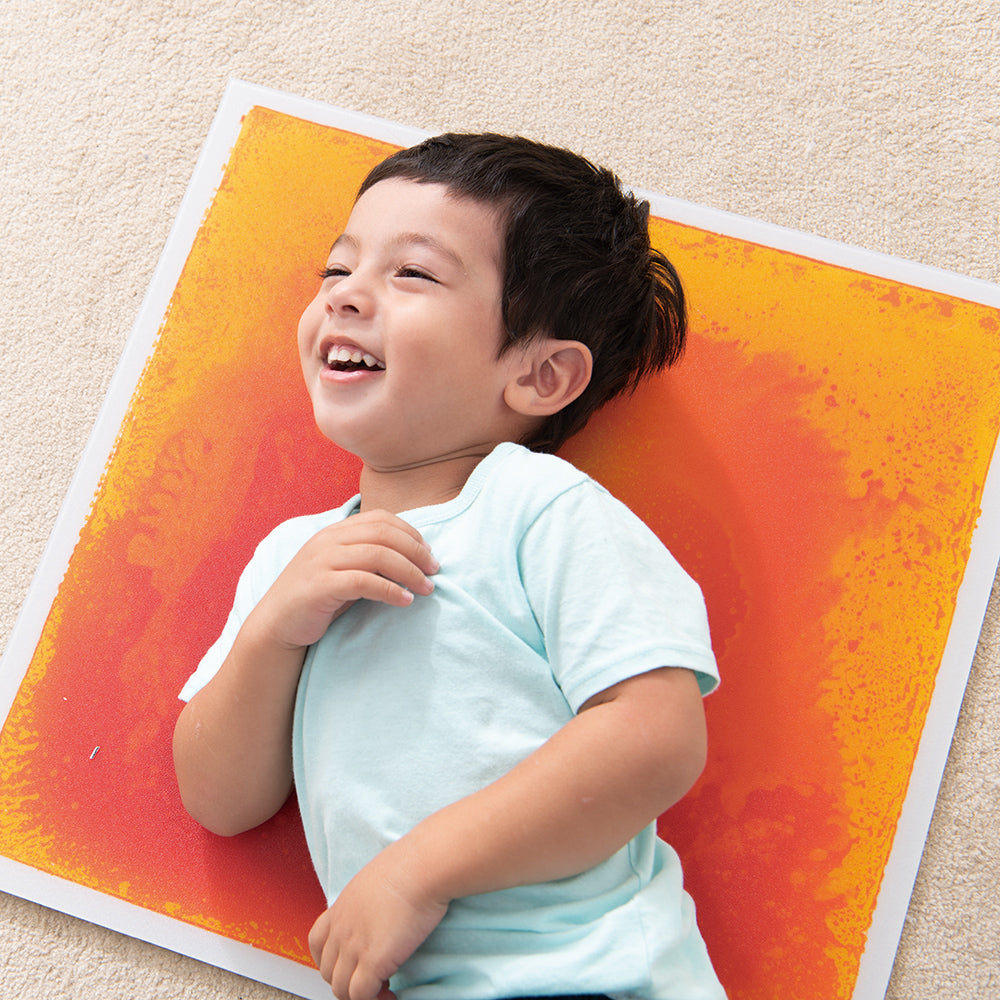May 29 , 2023
Sleeping Aids for Children with Autism Spectrum Disorders
Sleep is necessary for good performance in daily tasks as well as a good mood. Every day, children on the autism spectrum confront numerous problems. It is critical that they are well rested in order to study and succeed. (It's also critical that parents get enough sleep!) Unfortunately, when a child has a rough night, the rest of the family may have difficulty sleeping as well.
ASD and Sleep
According to research, between 50 and 80% of children with ASD suffer sleep issues. There are numerous explanations for this. Sleep deprivation has been linked to a variety of medical ailments, including epileptic disorders and gastrointestinal issues. Other biological factors may also exist.
There is some evidence that the brain chemistry of children with ASD differs from that of children without ASD, producing sleep issues. For example, changes in melatonin production may result in sleep issues.
The desire to maintain everything the same might also cause difficulties during the nighttime transition from wakefulness to sleep. In addition, children's sleep habits may influence how well they sleep at night. Thinking about their children's sleep habits and working with them to promote healthier sleep is one method parents may assist their children sleep better.
Suggestions for Assistance
If your child is having sleep problems, consult with your doctor to rule out any medical disorders that could be causing the problem. Consider the following points:
- Gastrointestinal problems
- Breathing problems
- Skin problems that might cause itchiness
- Dental problems
- Neurological problems
- Pain
- Anxiety
- Depression
Here are some things to think about:
There are things you can do during the day to assist your child sleep better at night. These are some examples:
- Getting your child up around the same time every day
- assisting him or her in getting plenty of exercise
- exposing yourself to a lot of light
- Caffeine restriction
- Consider when and for how long you will slumber
- Making certain that your child's bed or bedroom is only used for sleeping
Try the following in the evening:
- Reduce the brightness of the lights.
- Limit activities that are stimulating or demanding.
- Maintain consistency
Consider the following while designing your child's bedroom:
- Temperature
- Textures
- Scents
- Sounds
- Light
- Objects
Establish a nighttime routine for your child.
- Make a few activities part of your child's sleep routine.
- Try to keep your child's activities quiet and restful. Avoid any challenging or stimulating tasks before bedtime.
- Every night, repeat the routine in the same order.
- Create a graphic schedule that illustrates each phase of the bedtime routine.
- Make an effort to put your child to bed at the same time every night.
Bedtime Difficulties:
Many children are terrified to spend the night alone in their bedrooms. Others simply refuse to go to bed and do not appear weary. There are methods for assisting your youngster in preparing for sleep.
Examine your child's bedtime routine. A slightly later bedtime might be beneficial. Also, plan ahead of time how you will respond if your child has trouble falling asleep. While some believe that the "cry it out method" is good, we have discovered that it is frequently a tough strategy for both parents and children.
Approaches to bedtime that are more gradual and gentle may be more beneficial. Try lingering in your child's room after you've said goodnight. You can then gradually leave the room over a few days.
Other solutions may work better for other youngsters. Giving your child a reward for excellent sleep can be incredibly motivating. The Autism Speaks website also contains a sleep toolkit that explains many of these concepts and includes a number of useful visual assistance.
Begin with little steps:
An plethora of sleep strategies might make it easy to feel overwhelmed. It is acceptable to take little steps and go slowly. We discovered that even small changes can have a significant impact.

